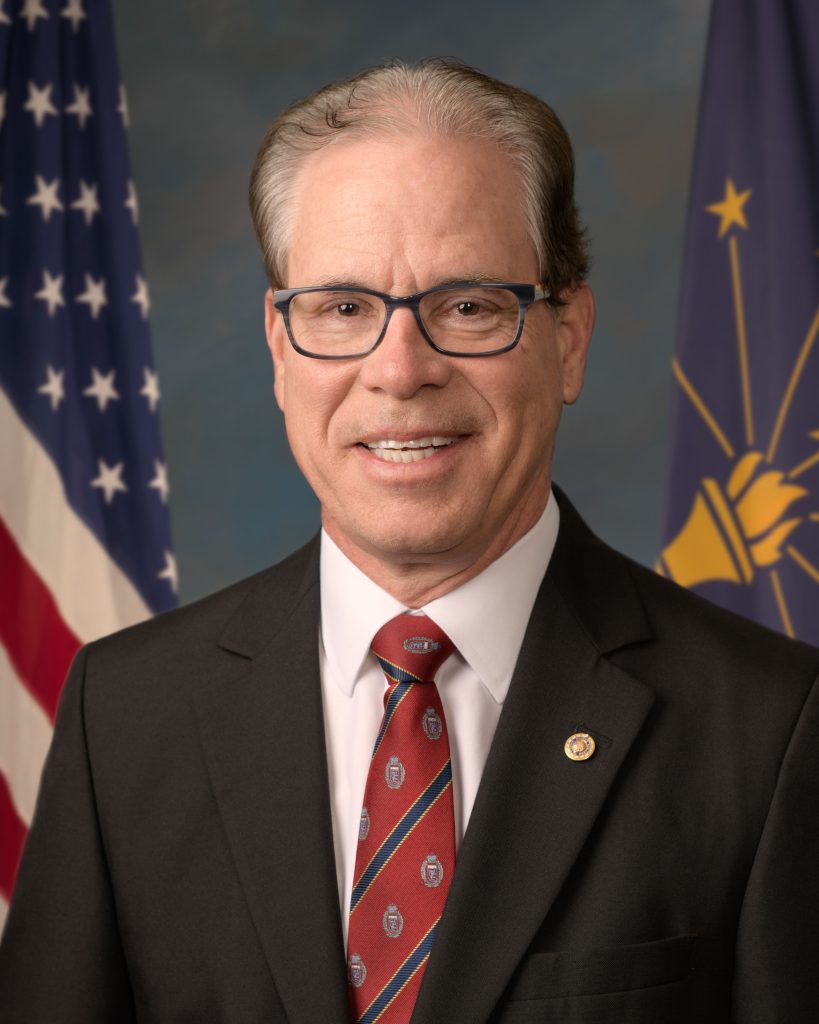The bipartisan duo that leads the U.S. Senate Special Committee on Aging — Sens. Bob Casey, D-Penn., and Mike Braun, R-Ind. — introduced a bill this week that is designed to make it easier for U.S. seniors to qualify for the Program of All-Inclusive Care for the Elderly (PACE) program.
The program, which Casey’s office describes as “an alternative model of care to traditional home-based care that can help people receive care in the community,” is a key fixture of the duo’s “PACE Anytime Act” that would “expand” access to the PACE program.
“PACE programs provide services primarily in adult day health centers, allowing individuals to stay in their homes and communities,” according to a joint announcement from the senators. “Currently, eligible older adults and people with disabilities can only enroll in a PACE program on the first of every month—the PACE Anytime Act remove enrollment barriers by allowing eligible individuals to enroll anytime during the month.”
Sen. Casey is an aging-in-place advocate, and sees this legislation as a potential solution to improve the lives of Pennsylvania’s seniors.
“PACE programs allow seniors and people with disabilities to receive all of their essential care while remaining in their communities,” said Casey in a statement. “While the PACE program provides high-quality, comprehensive care, limited opportunities to enroll have made the program unnecessarily difficult to access. My new bill will make it much easier to enroll in the PACE program and give seniors and people with disabilities the flexibility to receive the care they need.”

Sen. Braun, the ranking member of the aging committee who recently inquired about the mechanics of the reverse mortgage program to leaders at Ginnie Mae, added that the bill would relax existing rigidity in the qualifying process for the PACE program.
“Older Americans should be able to receive the care they need in their communities without cumbersome barriers,” said Ranking Member Braun. “The PACE Anytime Act would increase flexibility for low-income seniors and people with disabilities to enroll in the PACE Program.”
Shawn Bloom, president and CEO of the National PACE Association (NPA) added that the bill would increase opportunities for more seniors to remain where they increasingly prefer to be in later life.
“No older adult should have to wait until the first of the month to begin receiving care and services from PACE,” Bloom said. “Given the rapidly rising numbers of older Americans and their clear desire to age in place, it is imperative for our nation to encourage ready access to PACE — a holistic model of care well equipped to meet individuals’ complex care needs at home and in the community rather than a nursing facility.”
Sen. Braun’s seat is up for reelection this November, but he has declined to run for it after clinching the Republican gubernatorial nomination for Indiana.





